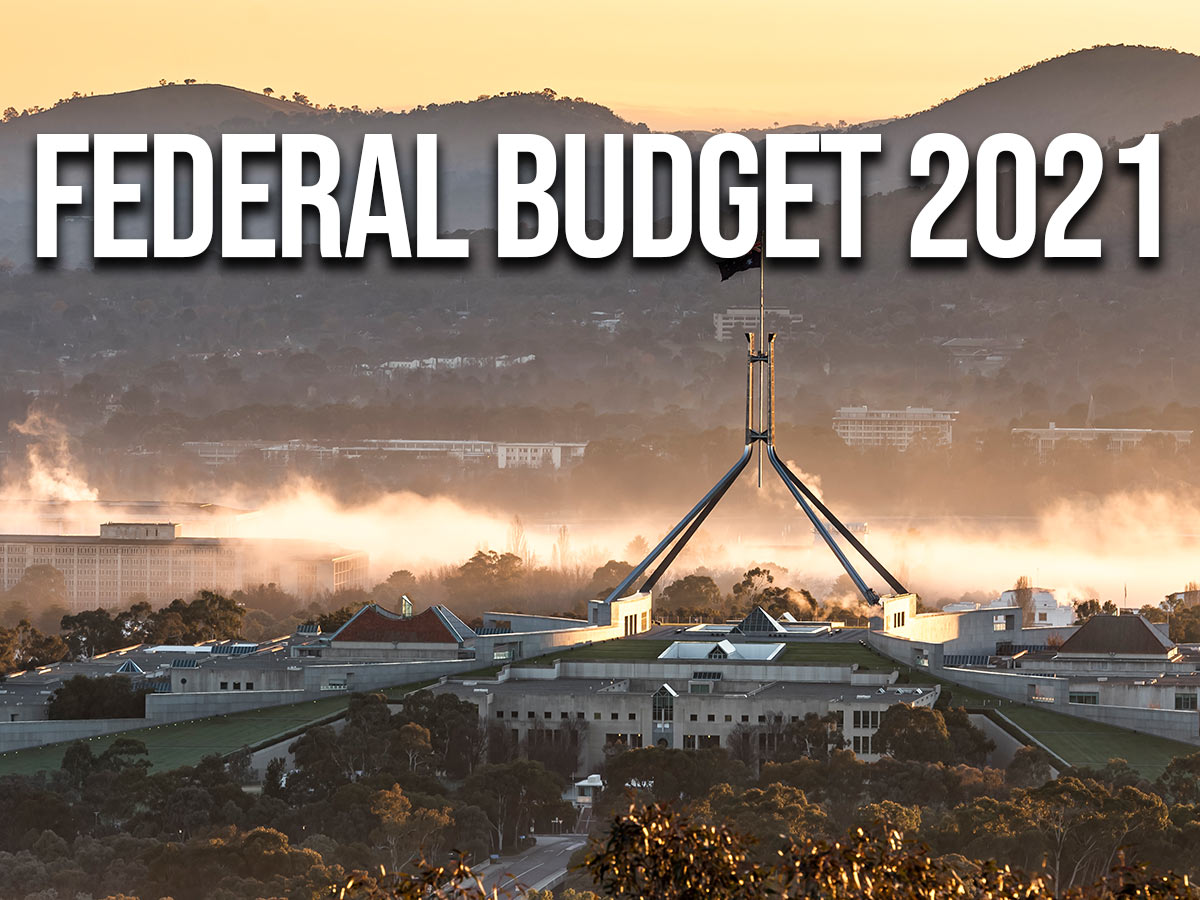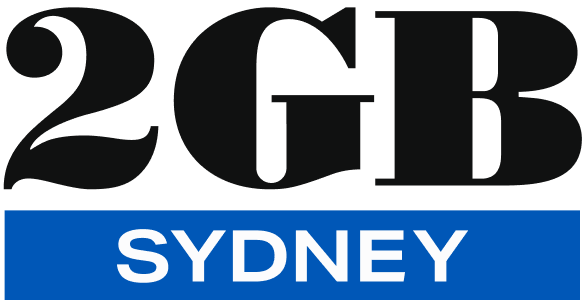Federal Budget 2021: What does it mean for you?

Brooke Corte presents special live coverage of the 2021 Federal Budget, the second of its kind delivered amid the COVID-19 pandemic.
Treasurer Josh Frydenberg has declared “Australia’s economic engine is roaring back to life”.
Net debt will increase to $617.5 billion, or 30 per cent of GDP this year, and peak at $980.6 (40.9 per cent of GDP) in June 2025: “low by international standards”.
The deficit of $161 billion for 2020-21 is $52.7 billion better than forecast in last year’s October 6 Budget.
The 2021-22 Budget is “guided by our enduring values”, he said, “upholding personal responsibility and always giving a helping hand to those who need it”.
Employment is at a record high, and the Budget promises 250,000 more jobs by the end of the 2022/23 financial year.
Billed as a ‘women-friendly’ budget, $1.1 billion will be invested in domestic violence services including emergency accommodation, counselling, and financial assistance including cash payments.
$354 million has been pledged to women’s health, including cervical and breast cancer screening, and putting chronic migraine treatment on the PBS.
Childcare will receive $1.7 billion, increasing subsidies and removing the cap for high income earners. 250,000 families will be better off, the Treasurer promised.
The Budget includes record funding of education: $2 billion for preschools, and $19 billion for universities.
In response to the Aged Care Royal Commission, the Budget makes an investment of $17.7 billion, including 80,000 new home care packages total.
“We are committed to restoring trust in the system” the Treasurer said, with a total spend of $119 billion over four years.
The NDIS will receive a further $13.2 billion over four years, and mental health services $2.3 billion.
10 million low and middle income earners will benefit from a $1080 tax cut.
Investment in the JobTrainer scheme will double to fund 450,000 places in total. $2.7 billion will be spent on new appreceticeships and traineeships.
Superannuation reforms will see the removal of the $450 per month threshold for the super guarantee, making 200,000 women better off in retirement.
Over 60s can top up their super $300,000 from home downsizing.
$1.5 billion is being invested to expand manufacturing, including medical projects and clean energy.
$1.9 billion will spent over the decade on law enforcement and national security agencies. $270 billion will be spend over the decade on Australia’s defence capability.
Press PLAY below to hear the Treasurer’s speech in full
A special panel featuring John Stanley, 3AW’s Neil Mitchell and 4BC’s Scott Emerson have shared their analysis of the Budget winners and losers.
Press PLAY below to hear their comments
Shadow treasurer Jim Chalmers joined Brooke to respond to the Treasurer’s speech, describing the Budget as “a budget of marketing, mismanagement and missed opportunities”.
Despite all the investments, real wages will still roll backwards, he pointed out.
“There is a lot of money spraying around, but whether or not that money has a lasting benefit, or whether it’s just a bit of a political plan to get them through an election, I think the Australian people will … judge harshly.”
Press PLAY below to hear the shadow treasurer’s full response
The full Budget 2020-21 documents are available HERE.



